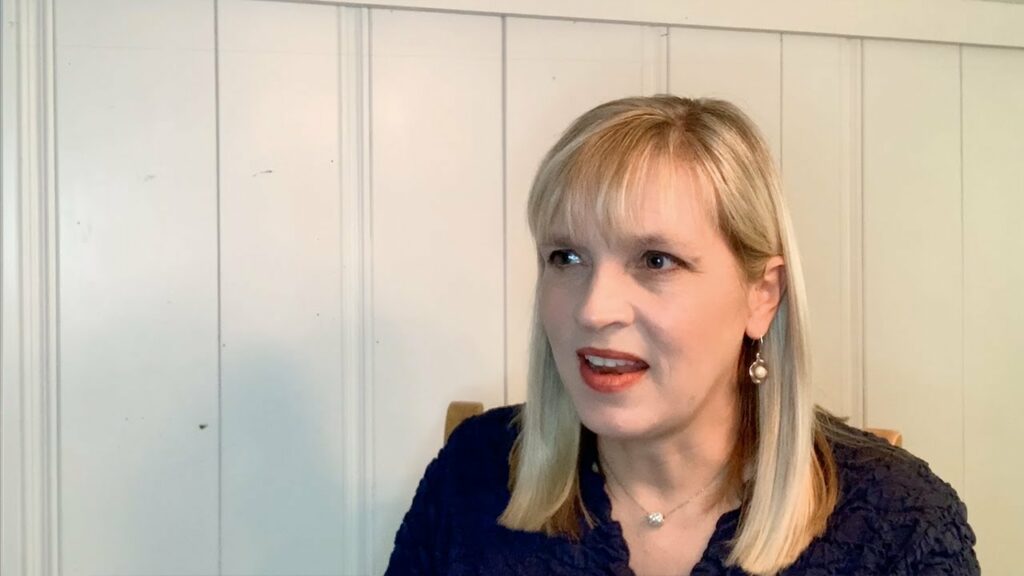Coping with the stress of having a child with CHD can at times be draining, isolating, and exhausting. This is true whether the stress is caused by a big event – like a new diagnosis or a surgery – or by the day-to-day worries of caring for your child.
Some parents feel weak or like something is wrong with them when they struggle after a CHD diagnosis. But it is both normal and very common to have difficulty managing emotions and anxieties about your child’s medical condition at any point on your CHD care journey.
Speaking with someone – whether it is talking to a mental health professional or attending a support group – can help you feel better and improve your ability to cope with emotions and challenges in healthy ways.
Your family will be living with CHD for a lifetime, so learning how to manage stress and get the support you need is important for the wellbeing of you and your family.
If you feel like you need help, please reach out. There are many people and resources available to help you through this uncertain and challenging time. Getting emotional support can be very beneficial and even critical for your mental health.
Sources of Emotional Support
Friends & Family
Many parents find comfort in talking and spending time with their spouse/partner, friends, family members, or their faith or church community.
Your Child’s Care Team
A care team that understands your emotions, provides a safe place for you to share your feelings, and supports you and your partner in making decisions can be extremely helpful to both of you.
CHD Parents
Hundreds of thousands of families have gone through this experience. Many more are just starting their journey. You can connect with a community of CHD parents online or through local support groups. Some CHD parent groups will try to match you with a parent mentor. Some hospitals also have a peer mentorship program. Ask your social worker for information about the resources that are available to you.
Mindful Activities
Activities that bring you joy or help you relax can be a great source of emotional support. This includes relaxation tools like breathing exercises, guided meditation, and mindfulness. You can find many resources online to get started.
Do I Need Help From a Mental Health Professional?
No matter how many people or activities you have in your life, there may be times when you need to seek a more formal type of support from a mental health professional.
You might consider getting professional help if:
Key Things to Know About Seeing a Mental Health Professional
PARENT TIPMake Self-Care a Priority
Parents often have high expectations of what they can manage and may wonder, “my child is going through all the surgeries, so why am I the one falling apart?” Judging yourself and negative self-talk will not help you or your child. Instead try to focus on positive ways you can take care of yourself by getting emotional support. While you cannot change the fact that your family is living with CHD, you can write the story of how you deal with it.
Get Emotional Support for Both Parents
It is common for the care team to focus on the mother (especially after a prenatal diagnosis), but the partner can also experience profound emotional reactions. They often set aside their own needs to be a “rock” for the mother, supporting her through the shock. When a partner ignores their own emotional reactions, they are at risk for not getting adequate support. Your care team should involve both parents when sharing information about your child’s CHD. This includes helping the partner learn how to get the support they need and to better support the mother.
LIVE HELPUrgent Emotional Support
If you are experiencing a mental health emergency call 9-1-1 or go to the closest Emergency Room
National Suicide Prevention Hotline
1-800-273-TALK (800-273-8255)
National Parent Helpline
1-855-427-2736 (1-855-4A PARENT)
Crisis TEXT Line
Text “HOME” or “HELLO” to 741741
For moms who have recently delivered a child:
National Postpartum Depression Hotline
1-800-PPD-MOMS (800-773-6667)
Postpartum Support International Helpline
1-800-944-4773 or text 503-894-9453
Note: This is a “warmline” – leave a message and someone will call you back within 24 hours
Mental Health Support
Meditation and Mindfulness Websites & Applications
FAQs
Sarah Vega Grove, Parent
Rachel Kotheimer, Parent
Lindsay Macias, Social Worker
Theresa Tacy, Physician
See the full list of contributors to the CHD Care Compass
Last Update: December 6, 2023